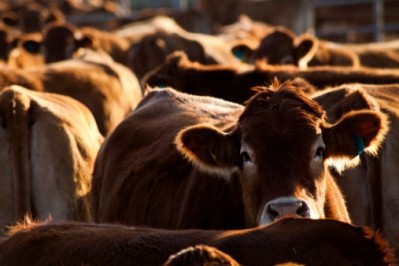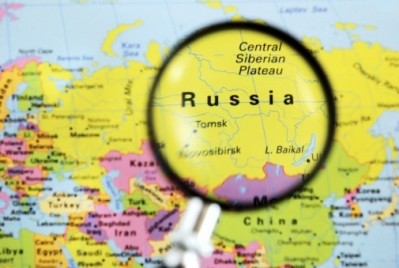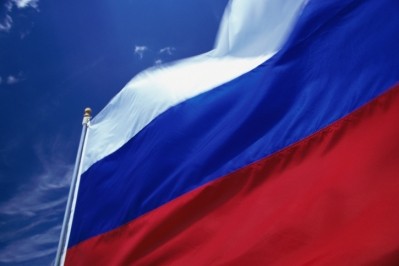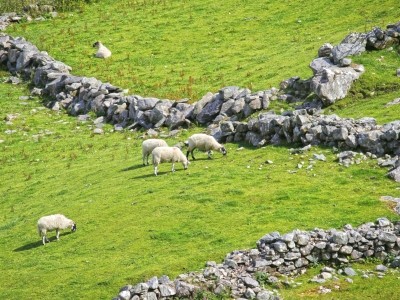Russia bans imports of beef from Australia
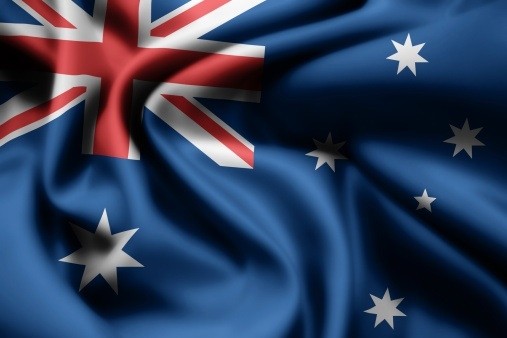
It claims Australian beef producers are continuing to use growth stimulator trenbolone, which is prohibited by the Russian veterinary rules.
According to Alexei Alexeenko, press secretary of Rosselkhoznadzor, negotiations on the issue of trenbolone have been taking place for a long time and have led to nothing. As a result, he said, Russia’s veterinary services had a low level of confidence in the documents issued by Australia’s veterinary services, given that "local officials promised there would be no trenbolone in exported meat, but our specialists continue to identify it during inspections".
"In fact we were promised that a system of separate beef production for the Russian market would be introduced – in the same way as, for example, they produce beef for the European Union or Japan – and that, during fattening, they [Australian producers] would not use this substance [trenbolone] or other stimulants, which are allowed in Australia," Alexeenko added.
"Despite these assurances and the signed documents, we continue to identify [trenbolone] in meat products," he said.
Sergei Dankvert, head of Rosselkhoznadzor, also criticised the work of the Australian veterinary services, claiming they did not know what substances might be contained in the meat they were exporting abroad.
"During a recent inspection, we again found trenbolone, which means the country does not have a control program to combat this growth stimulator, which they had declared to us previously," said Dankvert. "In addition, we found beef with trenbolone in February 2014 – in other words after Australia had committed not allow the presence of trenbolone in exports."
According to the Russian veterinary watchdog, in 2013 it found more than 30 cases of trenbolone in meat products imported to Russia from Australia. As a result, as of 27 January, Russia has already banned the supply of offal from Australian cattle.
Australia exports about 5% of Russia’s total imports of beef and beef products. According to data from the Eurasian Economic Commission, in 2013, Australia supplied 2,600 tonnes (t) of fresh and chilled beef, worth US$42m, and 27,970t of frozen beef, worth US$93.5m, to the markets of the Customs Union (Russia, Belarus and Kazakhstan). Virtually all of this was intended for Russia.
Overall shipments of beef to Russia in 2013 amounted to about 611,000t, with the main suppliers being the Latin American countries of Brazil, Paraguay and Uruguay. However, Australia was one of the main suppliers of high-quality premium beef aimed at restaurants in the larger Russian cities. In the premium beef sector, Australia accounted for 38% of supplies to Russia in 2013, so experts warn that, for some Russian businesses, it will be difficult to find new suppliers.
